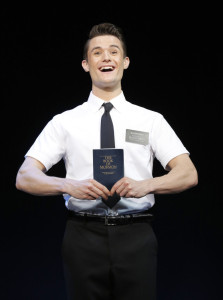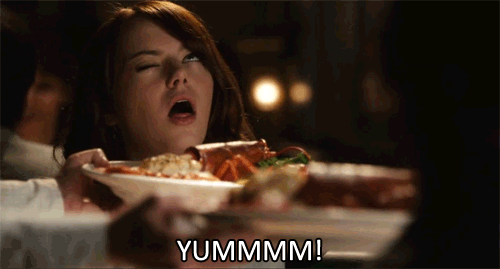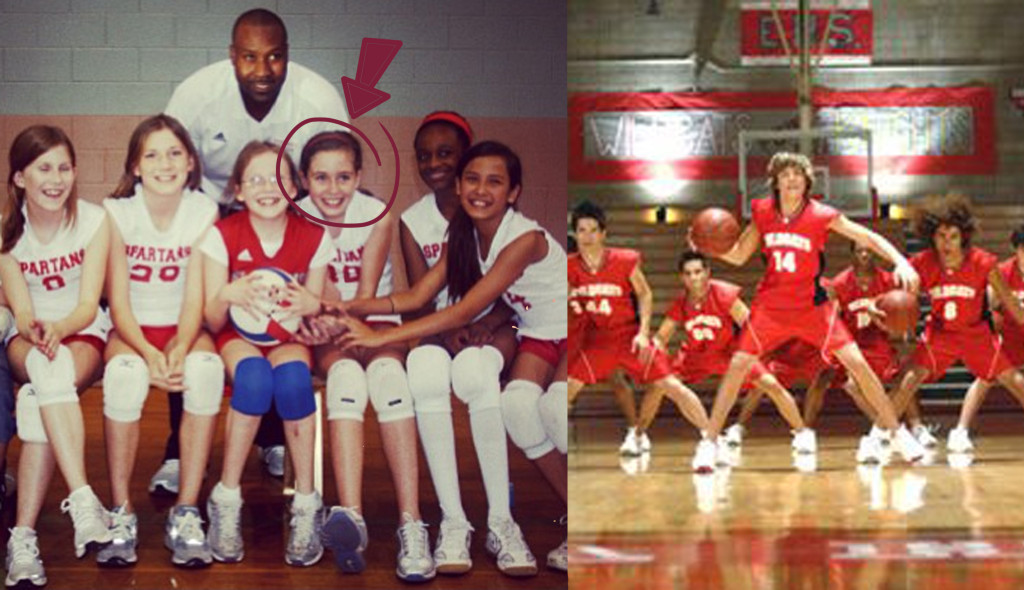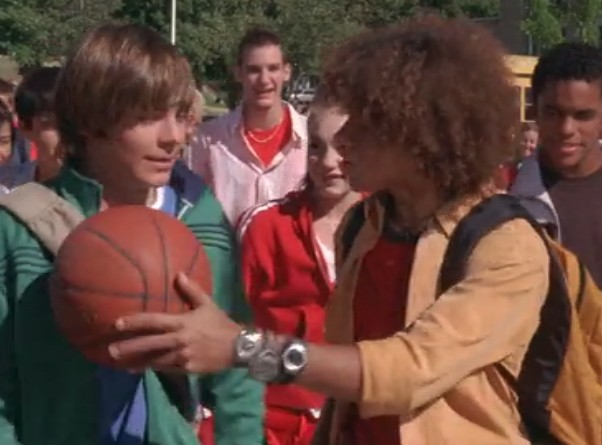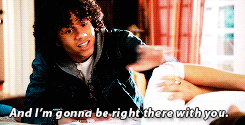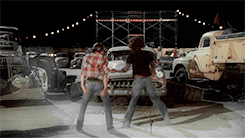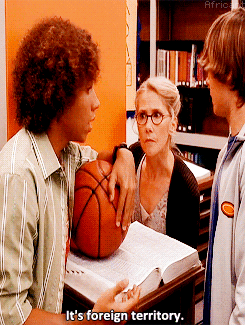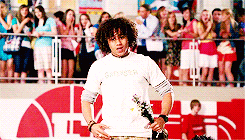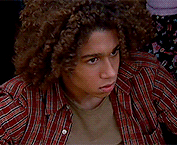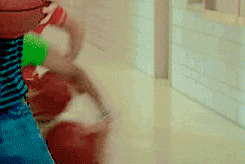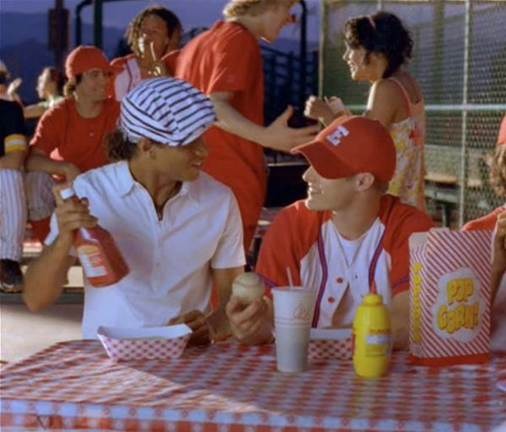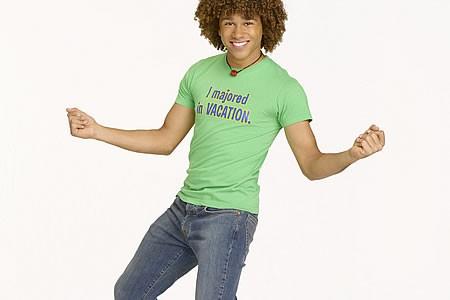Hello! It’s been awhile since I last blogged, and a lot has happened in my career journey since then. Over my spring break, I networked and went on a group job interview in New York City. Now, I’m experiencing the excruciating pain of waiting for that job to get back to me. All of these things have been new experiences for me, and I’ve been uncomfortable a lot. Still, I think I’ve learned a lot from them.
The job interview that I went on was for the organization that I previously mentioned, which runs an academic summer camp for underprivileged NYC schoolchildren. I was applying to be a teacher’s assistant, and the interview was at 9 am the day after I flew into Newark airport from LAX. Because the interview was on a Saturday (and couldn’t be any other day of the week), I had to drive into New York by myself. This means that I had to get up at 6:30 Eastern time in order to shower, get dressed, and still make it to the interview on time. Needless to say, I was exhausted- my flight had gotten in at 10 pm the day before, and the time difference was killing me.
I got into the city okay, and got some coffee as soon as I could. I usually don’t do well on coffee- it makes me anxious- but I figured I could use some caffeine in my system; besides, I used to drink it every day in high school, when I would never get enough sleep. While it kept me awake, it certainly didn’t calm my nerves. As soon as I got to the interview, the woman who was interviewing me and the other candidates asked if I had a printed copy of my résumé, because she had everyone else’s but mine. I didn’t, and profusely apologized. I was so embarrassed that I debated just calling it a day, but there were two other parts to the interview process I still had to go through.
The first part of the interview process involved me being in a classroom with first-graders. I loved this part. It was great to see the individual attention that each child was getting- there was an adult in the room for every two kids. The teacher was excellent, and she made sure that all the children were working, happy, and focused. While I didn’t get to spend as much time as I would’ve liked working with the children, I did spend a lot of time talking to the teacher and learning more about their teaching philosophy. Everything they do there is student based, and I knew I was in a community of people that truly cared about the children they were teaching. It was a place that I would love to work.
After my time in the classroom, I went back to meet with the interviewer and the other candidates. We had a group interview, and this is the part where I got spooked (not unlike a horse). I was interested in working for the organization because I love working with children, and because they were a non-profit- I’m double majoring in English and Organizational Studies, essentially non-profit work. Everyone else at the table was an early-education major, except for one woman, who was an actual full-time teacher in the city. Not only that, but she was working with a school where she was specifically working with students with special needs. I realized early on that while the job description posted online had asked for some pretty basic stuff- the ability to work with children, and to guide them throughout the day- they were looking for people who had experience specifically working with troubled children, in classroom environments. While I have tutored children with a range of emotional problems before, I had never done so in classroom environment. The other candidates, on the other hand, seemed to have been doing so since they were children themselves. I was really intimidated, and on top of the jetlag, I don’t think that some of my answers to the questions asked were the best they can be.
While I may end up not getting the job, I still felt like I learned a lot from the experience. I learned to always, always, always bring a printed résumé to interviews. I learned to never schedule an interview at 9 am the morning after a cross-country flight. I learned that you probably shouldn’t apply to jobs just because they’re at non-profit organizations. I’m hoping that the fact that a Scripps alumnus, who I’ve connected with, is on the Board of Directors may prove beneficial. I’ve been told that I’ll receive my decision shortly, and now, all I have to do is wait.

